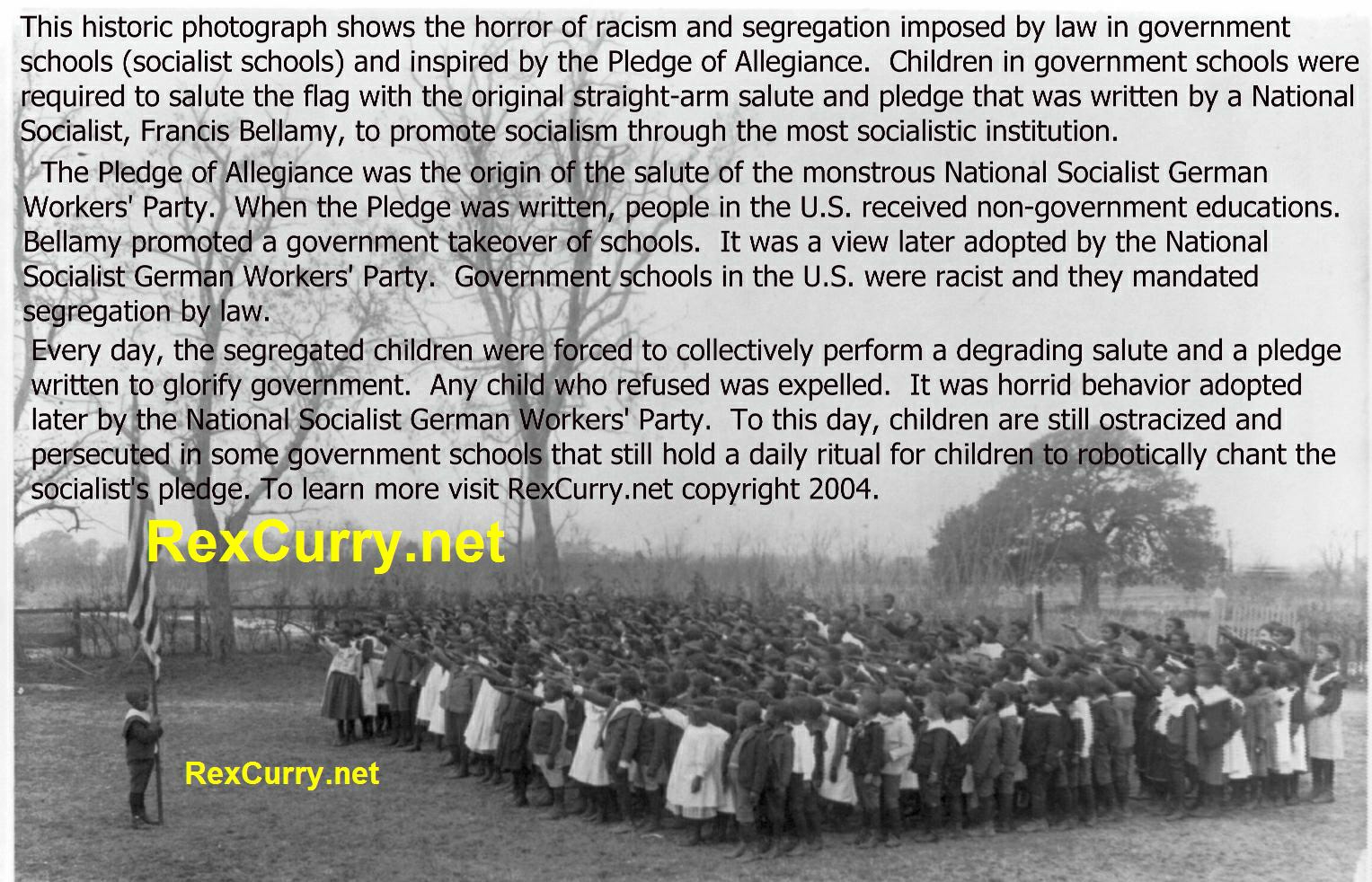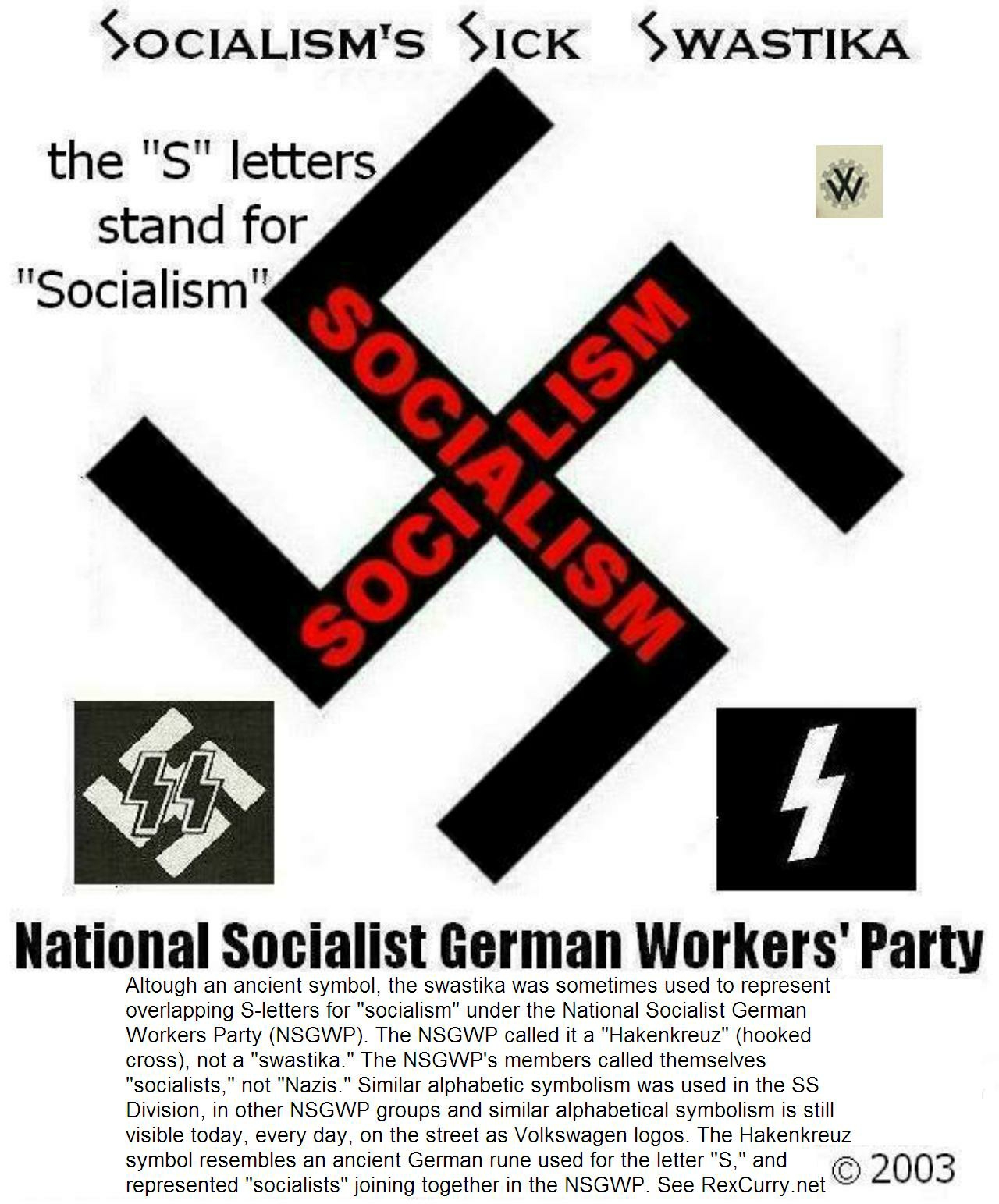IN THE SUPREME COURT OF THE UNITED STATES
[Drug War Victim] contends that his indictment violated the Commerce Clause and the Tenth Amendment because § 841(a)(1) is not rationally related to an express Congressional power. The Tenth Amendment provides that “[t]he powers not delegated to the United States by the Constitution, nor prohibited by it to the States, are reserved to the States respectively, or to the people.†U.S. Const. amend. X. Because the Tenth Amendment does not operate on the valid exercise of powers delegated to Congress by the Commerce Clause, no violation of the Amendment occurs if Congress’s passage of an act was a valid exercise of those powers. United States v. Lopez, 459 F.2d 949, 951 (5th Cir. 1972)2
    The Commerce Clause states that “[t]he Congress shall have the power...[T]o regulate Commerce with foreign Nations, and among the several states and with the Indian Tribes.†U.S. Const. art 1, § 8, ci. 3. The Supreme Court has concluded that Congress, pursuant to this clause, permissibly may regulate (1) the use of the channels of interstate commerce; (2) the instrumentalities of interstate commerce, or persons or things in interstate commerce, even if the threat may derive only from intrastate activities; and (3) activities with a “substantial relation to interstate commerce.†United States v. Lopez, 115 5.0. 1624, 1629-30 (1995).
    The Eleventh Circuit has held that “possession and sale of illegal drugs impacts upon interstate commerce,†see United States v. Bernard, 47 F.3d 1101, 1103 (11th Cir. 1995), and that Congress “has authority under the Commerce Clause to criminalize and punish drug-related activity,†see United States v. Jackson, 111 F.3d 101, 102 (11th Cir. 1997). The Former Fifth Circuit concluded that Congress acted within its power under the Commerce Clause in enacting 21 U.S.C. §§ 841(a)(I) and 846. See Lopez, 459 F.2d at 953. (In Bonner v. City of Prichard, Ala., 661 F.2d 1206,1207(11th Cir. 1981) (en banc), the Eleventh Circuit adopted as binding precedent the decisions of the Fifth Circuit rendered prior to 1 October 1981).
    The Commerce Clause argument should hold in [Drug War Victim]’s favor by reconsidering Lopez coupled with Lawrence.
    It took a constitutional amendment to enact alcohol prohibition. But there has never been a constitutional amendment allowing the federal war on drugs, and that is because citizens have become so used to the expansion of the federal government. It would have been unconstitutional for the federal government to enact alcohol prohibition without a constitutional amendment and it is unconstitutional for the federal government to have enacted the war on drugs (and the statute herein) without a constitutional amendment.
    In Lopez, the Supreme Court majority held that the Gun-Free School Zones Act of 1990 [18 U.S.C. § 922(q)(1)(A)], which forbids "any individual knowingly to possess a firearm at a place that [he] knows...is a school zone," exceeds Congress' Commerce Clause authority. In affirming the Fifth Circuit decision to invalidate § 922(q) and reverse the defendant's conviction, the majority stated, "To uphold the Government's contentions here, we would have to pile inference upon inference in a manner that would bid fair to convert congressional authority under the Commerce Clause to a general police power of the sort retained by the States. Admittedly, some of our prior cases have taken long steps down that road, giving great deference to congressional action...The broad language in these opinions has suggested the possibility of additional expansion, but we decline here to proceed any further. To do so would require us to conclude that the Constitution's enumeration of powers does not presuppose something not enumerated...and that there never will be distinction between what is truly national and what is truly local....This we are unwilling to do."
    Lopez, concerned a 1990 federal law forbidding the possession of firearms within 1,000 feet of a school. Lopez argued that Congress had no power to pass such a law. The Court rejected, by a 5-to-4 vote, the argument that the law was a legitimate exercise of Congress's constitutional power to regulate interstate commerce. Chief Justice William Rehnquist explained that the law stretched the meaning of interstate commerce untenably.
    Justice Stephen Breyer was so upset by the Lopez ruling that he took the unusual step of reading his dissent aloud.
    Syndicated columnist Joseph Sobran has observed that "The Constitution's list of the powers of Congress has little to do with the powers Congress actually exercises. Where does it say that Congress can tax us to pay for things like pensions and medical plans, or housing or farm subsidies, or a thousand other things? Why do expressions like ‘federal programs’ and ‘the economy,’ the everyday vocabulary of our current politics, appear nowhere in the Constitution? The answer to such puzzles lies largely in the Commerce Clause.†Many of Sobran’s comments are repeated herein.
    Federal Courts should exist as a check on Congress. Alexander Hamilton first propagated this idea in The Federalist No. 78 when he described the Court as “a bulwark against legislative encroachment.â€
    The federal government has expanded its powers at whim, without bothering to amend the Constitution, by citing the Commerce Clause.
    In one of the earlier Commerce Clause cases, Wickard v. Filburn, the Court ruled that an Ohio farmer who had grown wheat on his own land, to feed his own livestock, was subject to Congress's power over interstate commerce on the remarkable grounds that such self-consumption, on a large scale, “exerts a substantial effect on interstate commerce.†Yet, Congress is not given power to regulate every activity that "exerts a substantial effect on" interstate commerce; it is merely given power to regulate interstate commerce.
    If the same logic were applied to "commerce with foreign nations," Congress would have authority to regulate any activity in, say, France that "exerts a substantial effect" on trade with this country.
    Furthermore, "regulating" trade, does not authorize BANNING trade, as has been done in this case.
    In Lopez, the Supreme Court revisited earlier errors. It has now affirmed that there are actually some things that aren't interstate commerce and can't even be reasonably said to "affect" interstate commerce.
    Congress argued, in Lopez, that guns disrupt education, and education is necessary for productive citizens, and productive citizens sort of cause interstate commerce so Congress should, therefore, be able to keep guns out of schools. Lopez rejected this argument.
    The opposing argument in this case will be similar to Congress' argument in Lopez: that drugs disrupt some people's minds, and clear minds are necessary for productive citizens, and productive citizens sort of cause interstate commerce so Congress should, therefore, be able to ban drugs. The Court rejected this reasoning.
    It is preposterous to think that 95 percent of Congress's power should be buried in the words "and among the several states." A sound sense of proportion would never allow this expression, taken in isolation from the rest, to overrule the clear sense of the whole document. In Lopez, the Supreme Court has drawn a line against the sloppy invocation of interstate commerce.
    Rehnquist quoted Madison's assurance, in The Federalist No. 45, that the powers of the federal government under the Constitution are to be "few and defined," leaving untouched the "numerous and indefinite" powers remaining with the states. Madison goes on to specify that most of those few federal powers have to do with "external objects," meaning foreign affairs; so that the states will deal with most domestic matters. He points out that the more successfully the federal government does its proper job (chiefly, averting broils abroad), the smaller the role it will play in our daily lives.
    Randy Barnett, the 9th Amendment scholar and author of The Structure of Liberty, has an excellent article, "The Original Meaning of the Commerce Clause," 68 U.Chi.L.Rev. 101 (2001), (and see http://www.bu.edu/rbarnett/Original.htm) attacking the expansive interpretation of the clause invoked to justify so much Federal legislation, and thanks to a grant from the Cato Institute, a libertarian think-tank, he has a new book “Restoring the Lost Constitution: The Presumption of Liberty.†For us poor souls who have repeatedly run across the depressing phrase in court decisions that “statutes/ordinances carry a heavy presumption of constitutionality,†it will be a nice change indeed to read of a presumption of liberty.
    In "The Original Meaning of the Commerce Clause" Barnett states "The U.S. Supreme Court, in recent cases, has attempted to define limits on the Congress's power to regulate commerce among the several states.†While Justice Thomas has maintained that the original meaning of "commerce" was limited to the "trade and exchange" of goods and transportation for this purpose, some have argued that he is mistaken and that "commerce" originally included any “gainful activity.†Having examined every appearance of the word “commerce†in the records of the Constitutional Convention, the ratification debates, and the Federalist Papers, Professor Barnett finds no surviving example of this term being used in this broader sense. In every appearance where the context suggests a specific usage, the narrow meaning is always employed. Moreover, originalist evidence of the meaning of “among the several States†and “To regulate†also supports a narrow reading of the Commerce Clause. “Among the several States†meant between persons of one state and another; and “To regulate†generally meant “to make regular†-that is, to specify how an activity may be transacted- when applied to domestic commerce, but when applied to foreign trade also included the power to make “prohibitory regulations.†In sum, according to the original meaning of the Commerce Clause, Congress has power to specify rules to govern the manner by which people may exchange or trade goods from one state to another, to remove obstructions to domestic trade erected by states, and to both regulate and restrict the flow of goods to and from other nations (and the Indian tribes) for the purpose of promoting the domestic economy and foreign trade.
    The allegations in this case are hand-to-hand transactions that occurred entirely in Tampa, Florida between consenting adults in the privacy of [Drug War Victim]’s home and provide no basis for jurisdiction under the commerce clause.
